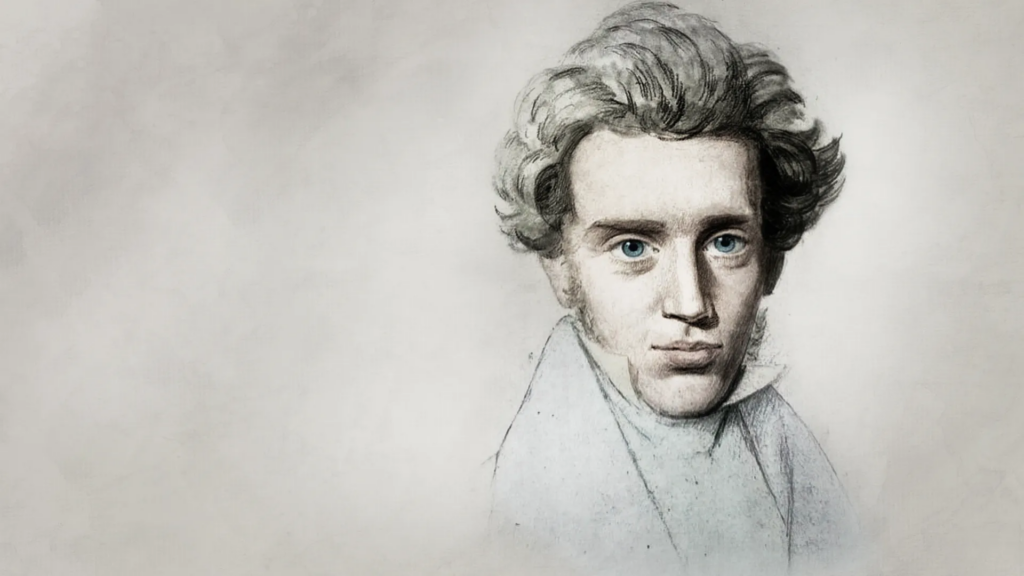Maturity of Personality Essential in Life of an Executive
Intellectual, Emotive, and Social Maturity

Dr. Alejandro Fontana, Professor of General Management and Executive Control at the University of Piura, Peru, shares with Exaudi’s readers this article entitled “An Essential in the Page of Life of an Executive: Maturity of Personality.”
* * *
Today all those that enter the business world are very concerned with building their professional future: many study at the same time as they work or practice. Many of them are moved by the desire to have greater responsibilities and to be executives, and they make an effort to get a degree, to learn other languages, and to have international exposure. However, very few know that their professional future will depend primarily on the maturity they have reached of their personality. Because, maturity of personality is not acquired automatically, neither is it acquired in international programs or exchanges. Maturity is a quality in a person that stems from the work he/she does on the inclinations of his/her temperament and tastes.
As Professor Sesé pointed out, maturity of personality has three components: intellectual, emotive, and social. In this article, I will refer to them focusing on the reality of a business executive.
Intellectual maturity calls for recognition of one’s capacities and also of one’s limitations. There are those who have a facility for languages, others have the facility to explain themselves. It’s an objective analysis that each one must do, perhaps with the help of a good friend with experience, so that it’s objective. Together with this, intellectual maturity requires to discover the meaning of one’s existence: Henry Ford realized that he could provide cars for the great population of the United States. Peter Drucker intuited that it was not for him to be the richest man of the cemetery, but a University Professor who could contribute to improving other people’s life. And at a meeting with young people of San Marino, Pope Benedict XVI, commenting on the question of the rich young man of the Bible about what he must do to gain eternal life, said: “the ‘eternal life’ to which this young man of the Gospel refers, doesn’t indicate only life after death; he doesn’t want to know only how to get to Heaven. He wants to know how he must live now so that he can have now the life that can later also be eternal? Hence, in this question, the young man manifests the need that daily existence has to find meaning, fullness, and truth.”
Each one has a specific mission, because each one is, because of his own experience, unrepeatable, exclusive and unique. When a person discovers his/her mission, it’s very easy to pose clear goals. Therefore, intellectual maturity requires that an executive have clear ends and goals and that, in addition, these are dynamic. Time is a resource that cannot be saved, hence its administration calls for planning. Without order, including in the activities one engages in one or five years, a greater perfection cannot be reached. However, it’s not only about goals of a professional character; of great interest are the goals that are in line with the capacity to control one’s temperament, in the administration of free time, in the use of language, in the management of social affability.”
Intellectual maturity also needs to discover and accept the ensemble of values that govern one’s existence. In this connection, Benedict XVI said: “man, including in the era of scientific and technological progress, continues to be a being that desires more, more than comfort and wellbeing; he continues to be a being open to all the truth of his existence, who cannot remain in material things, but opens to a much wider horizon.
These values are the ones that serve as arguments to support a decision and, therefore, those that ensure that the action will be ethical: appropriate for oneself and also for others. An as ethical action is the best source of motivation for creativity and initiative, intellectual maturity will be reflected in greater creativity and capacity of initiative.
Emotive maturity exists when the person learns to react proportionally in face of the different events of life: learns to manage failure; knows that all success is always premature and, hence, continues working and making an effort to improve his performance. Optimism is also an important element of emotive maturity: the capacity to see the positive aspects of different situations, without complaining about the past; joy: which is a reality that is built and not just experienced. We have many more reasons to be joyful than to be sad, although some things in a business, no matter how important they might seem to us, have not turned out well or are painful. And likeableness, which implies being nice to others, especially those that live with us and those that work around us.
The other dimension of maturity, social maturity, implies not forgetting that the human person is a social being by nature. By nature, we are geared to contribute to others. Therefore, social maturity implies having the propensity to think always: not to cause more work, more than that, to work to alleviate others’ work; to yield the way to pedestrians, not to blow the horn and bother neighbors; to be patient with the taxi driver who is in front. And to attain it, Benedict XVI suggests forming one’s conscience in a genuinely Christian way.
In the business world, this social maturity is translated in personal interest to understand and to attend to clients, collaborators, providers, and, in general, the persons with whom the operation is related in some way. For example, in the case of clients, it’s not about getting the most out of them, but of really serving them in their different needs, including the collateral.
In conclusion, we could say that personal maturity gives the executive the calm and specific weight required to take good decisions. In the first place, and perhaps the most difficult to acquire, is not to be subjected to one’s temperament swings or one’s obsessions: obsession attacks all men and, normally, for issues that aren’t worthwhile. Hence, to assume the challenge to acquire personal maturity is one of the essential tasks for an executive.
Translation by Virginia M. Forrester
Related

Reversing Social Deterioration: A Task That Begins in Business Management
Alejandro Fontana
25 April, 2025
4 min

The Revolution of Tenderness
María Elizabeth de los Ríos
25 April, 2025
3 min

His Hope Does Not Die!
Mario J. Paredes
24 April, 2025
6 min

The Religious Writer with a Fighting Heart
Francisco Bobadilla
24 April, 2025
4 min
 (EN)
(EN)
 (ES)
(ES)
 (IT)
(IT)

